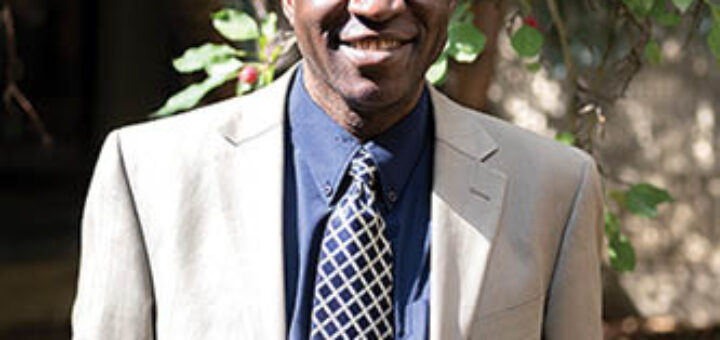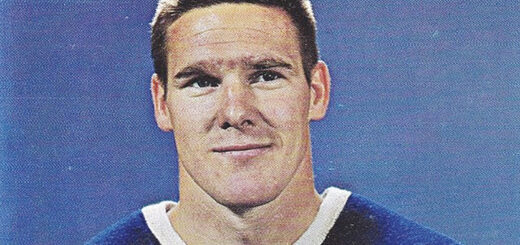Associate VP of EDI office plans to bring student-centred change

By Emily Kirsch, Contributor
Dr. Moussa Magassa has only been here for four months and has big plans for Mount Royal University (MRU). As the Associate Vice President of Equity, Diversity and Inclusion (EDI) for MRU, Magassa wants to build off of all the work that has previously been done at the university, and centre the experiences and voices of everyone in the school community.
After working for 16 years at the University of Victoria (UVic) as the principal strategist of community engagement, equity, diversity, inclusion and anti-racism education, Magassa arrived at MRU in May 2022. With additional experience teaching social justice and intercultural communications, Magassa is ready and eager to take on his new role as associate vice president here at Mount Royal. He says MRU’s student-centred approach to learning is what drew him here.
Words like equity, diversity and inclusion seem to fly around the post-secondary sphere a generous amount, but what do they mean? Magassa says the three concepts are connected, and one cannot truly exist without the others. To Magassa, equity is about breaking down barriers. The path to equity is paved in fairness and ensuring everyone is on the same level.
“Diversity explores the differences between peoples, not only in the negatives but also the positives,” Magassa explains. “It is to acknowledge that we can be different, but we all contribute positively.”
As for inclusion, he explains that it’s constructed by co-creation.
“You hear a lot of people say that inclusion is being invited to the party and being allowed to dance. But what if the music is driving me crazy?” Magassa illustrates.
“Inclusion is not just being invited; it is the act of co-creating that invitation.”
He ends the analogy by saying that asking what people want to do to make them feel included is a step in the right direction.
“…You can’t create inclusion for me; you have to work with me to create,” Magassa said.
But EDI is an intersectional topic, Magassa clarifies, and there’s more to it than just equity, diversity and inclusion.
“[EDI] connects to other things like cultural competency, cultural intelligence, accessibility…,” he remarked.
He explains further that for the premise of EDI to be successful, all of these considerations must work in tandem to create a more welcoming environment for everybody. For Magassa, the work towards greater EDI needs to centre the voices of the people who are concerned in the first place, without excluding the voices of their allies.
“…It is also about an integrated and collaborative approach. So you need to be sure that you work with everyone.” Magassa adds.
In speaking with Dr. Magassa, he compliments the university’s current effort towards EDI but acknowledges that there is still work to be done.
“We need to bring all this good work together, centre it, hear the voices, the experiences of everyone, and then flesh out the best practice that we can all share,” he explains.
Stepping into his new role as associate vice president, Magassa is working to develop an EDI strategy for the whole university. His primary approach is to educate faculty and students on creating an inclusive and welcoming experience for all. Under his leadership, Magassa wants to work with the student body openly and organically.
“The changes [students] want to see are not changes that are against the institutional goal,” Magassa says. “And those challenges can’t be ignored. And they have to be addressed.”
Emphasizing his desire to build institutional and student relationships, Magassa wants the campus community to know that his doors are always open.
“They can come and talk to me as a peer; they can come to talk to me as someone in this position and who is working for them and everyone else on campus.”
Magassa notes that EDI is everyday work and simply being patient and understanding. He says, “the best way is always to be a critical thinker.” Magassa explains that embracing EDI is being conscious of our everyday actions.
“Sometimes you might just pause before you call someone a name…and then say to yourself, maybe today I’m going to ask them how they want me to address them.”
Dr. Magassa emphasizes that EDI work relies on the work of everyone in the community and how small actions can make a significant impact.
“EDI is about us as human beings, and it is a gift we give each other. It is not about us. It is about all of us.”



